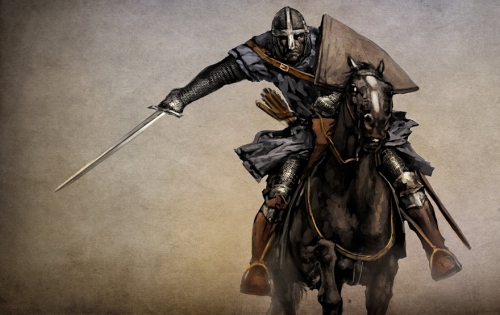Repas de fête autour d'un copieux couscous accompagné de volaille ou de brebis, chants, danses, jeux traditionnels, théâtre et parades équestres sont comme chaque année au menu des festivités, en plus de nombreuses manifestations officielles organisées pour la première fois par les autorités à travers le pays.
"Traditionnellement, nous célébrons Yennayer en famille autour d'un repas copieux à base de volaille, mélangée à de la viande séchée", explique Samia Moumni, en s'affairant à préparer sous un petit chapiteau diverses variétés de couscous kabyles à Tizi-Ouzou, principale ville de Kabylie, où vendredi 3.000 personnes devaient partager un repas géant dans le stade.
Cette région montagneuse à l'est d'Alger abrite la plus importante population berbère d'Algérie, pays qui compte quelque 10 millions de Berbérophones, soit un quart de sa population: Kabyles, mais aussi Mozabites dans la Vallée du Mzab (centre), Chaouis dans les Aurès (est) ou Touaregs (sud).
Jeudi soir, les habitants d'Ath El Kacem, village kabyle situé au pied de la montagne du Djurdjura, à une cinquantaine de km au sud de Tizi-Ouzou, ont bravé un froid glacial pour partager un "imensi n'yennayer", repas collectif fait de couscous au poulet.
Toute la soirée, des dizaines de femmes vêtues de robes traditionnelles brodées aux couleurs vives, où dominent le rouge et le jaune, ont confectionné le couscous, remuant, dans de grands plats de terre cuite la semoule, les mains imbibées d'huile d'olive, en chantant des chants kabyles anciens ou déclamant des poèmes louant les bienfaits de Yennayer, synonyme d'abondance.
Le calendrier berbère, inspiré du calendrier julien (romain) est agraire, rythmé par les saisons et les travaux agricoles. Il a été dépoussiéré et remis en valeur par les militants de la cause berbère dans la seconde moitié du XXe siècle.

"Cette année, Yennayer a une saveur particulière", se réjouit en lançant des youyous l'une des doyennes du village d'Ath El Kacem, Na Ouerdia Mohamedi.
Yennayer, depuis longtemps célébré en Algérie, particulièrement dans les régions berbérophones où la journée était fériée de fait, s'est vu cette année conférer un caractère officiel par le président algérien Abdelaziz Bouteflika qui, le 27 décembre, l'a décrété jour férié partout en Algérie "pour conforter l'unité nationale".
Cette décision est intervenue dans la foulée de protestations dans plusieurs localités berbérophones, notamment en Kabylie, contre le rejet d'un amendement parlementaire en faveur d'une généralisation de l'enseignement du tamazight, la langue berbère.
La Kabylie, région traditionnellement frondeuse, est à la pointe depuis les années 1960 des revendications identitaires et linguistiques kabyles et plus largement berbères, longtemps niées voire réprimées par l'Etat algérien, désireux d'unir le pays autour de l'arabité.
"La décision du président Bouteflika va contribuer à renforcer l'identité amazighe (berbère) de l'Algérie", estime de son côté Kahina Belaidi, 20 ans, une habitante d'Ath El Kacem.
Le tamazight a été reconnu langue nationale en mars 2002 après les émeutes sanglantes du "printemps noir" de 2001 qui avaient fait 126 morts en Kabylie, avant d'être consacrée deuxième langue officielle du pays avec l'arabe dans la Constitution adoptée en 2016.
Mercredi, le ministère de l'Intérieur a publié le premier communiqué officiel en tamazight et le gouvernement a annoncé le début de la procédure officielle pour inclure Yennayer dans les fêtes légales algériennes.
"La reconnaissance officielle de Yennayer est l'un des aboutissements du long combat pour la culture, l'identité et la langue amazighes", estime l'anthropologue Azzedine Kinzi dans le quotidien El Watan paru vendredi. "Elle ne sera plus jamais une fête de seconde zone".
Mais pour le linguiste Salem Chaker, c'est "typiquement une mesure qui ne coûte pas cher". Cela "ne change strictement rien à la situation réelle du tamazight, langue et culture minoritaire et minorée", explique-t-il à El Watan.



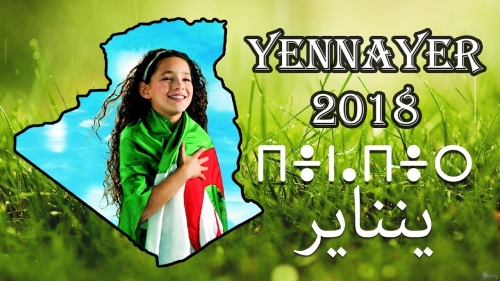

 del.icio.us
del.icio.us
 Digg
Digg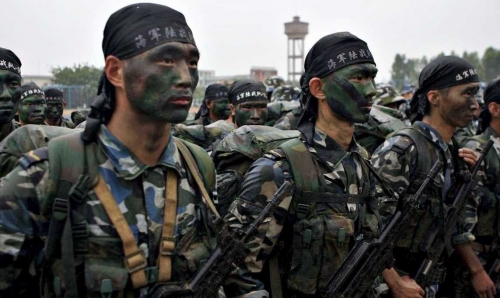
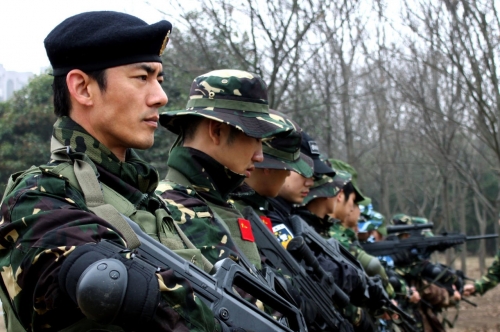
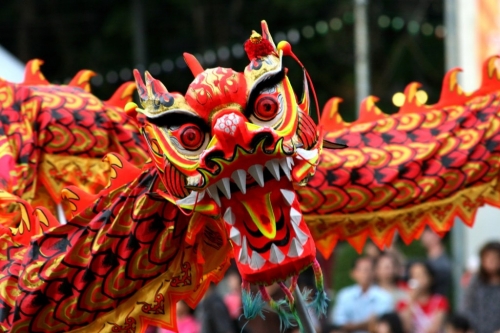
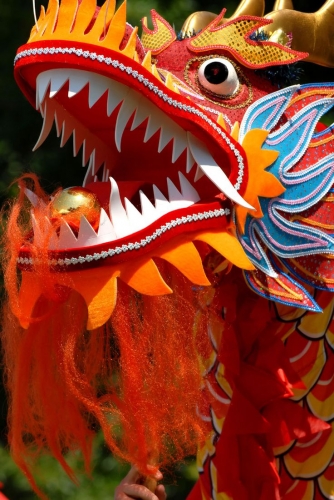 Seen from these vantage points, I have a lot in common with immigrants coming to Germany. Like me, they’re looking for a better life. In contrast to me, however, they believe they can find that better life in Germany.
Seen from these vantage points, I have a lot in common with immigrants coming to Germany. Like me, they’re looking for a better life. In contrast to me, however, they believe they can find that better life in Germany.